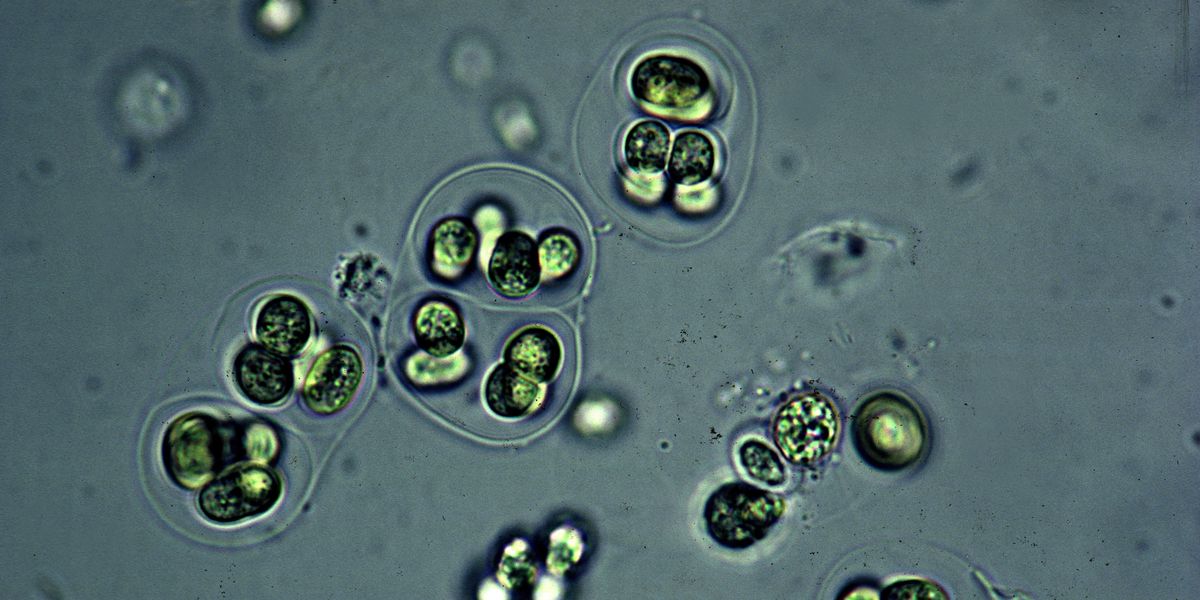Researchers on a quest to understand the origins of life just learned a little lesson about photosynthesis from 1.75 billion years ago.
In a new study published in Nature, a team of researchers claim that microfossils found in the desert of north Australia show off the earliest known signs of photosynthesis. And that could means a better understanding of how all of life could have begun.
These microfossils are remnants of a type of organism called cyanobacteria, which experts believe have been around for as long as 3.5 billion years (though the oldest confirmed fossil examples are from about 2 billion years ago). At some point in their evolution, some varieties of these organisms developed thylakoids—structures within cells in which photosynthesis occurs—which may have allowed them to contribute huge amounts of oxygen to Earth’s atmosphere through photosynthesis in what has become known as the Great Oxidation Event.



deleted by creator
When you’re not busy I would love to see a reference to the primordial replication.
Not op, but this looks what they’re talking about.
https://scitechdaily.com/primordial-soup-scientists-discover-new-origins-of-life-chemical-reactions/
deleted by creator
It’s interesting. I wish they said what time scales the reactions took place in. Like if they knew how to keep coaching it along, how long to go from soup to bacteria.
deleted by creator
Yes. Tue universe is inhospitable and the relative climate stability we have enjoyed for 10,000 years or so is quickly coming to an end.
I believe that climate stability has a lot to do with it.